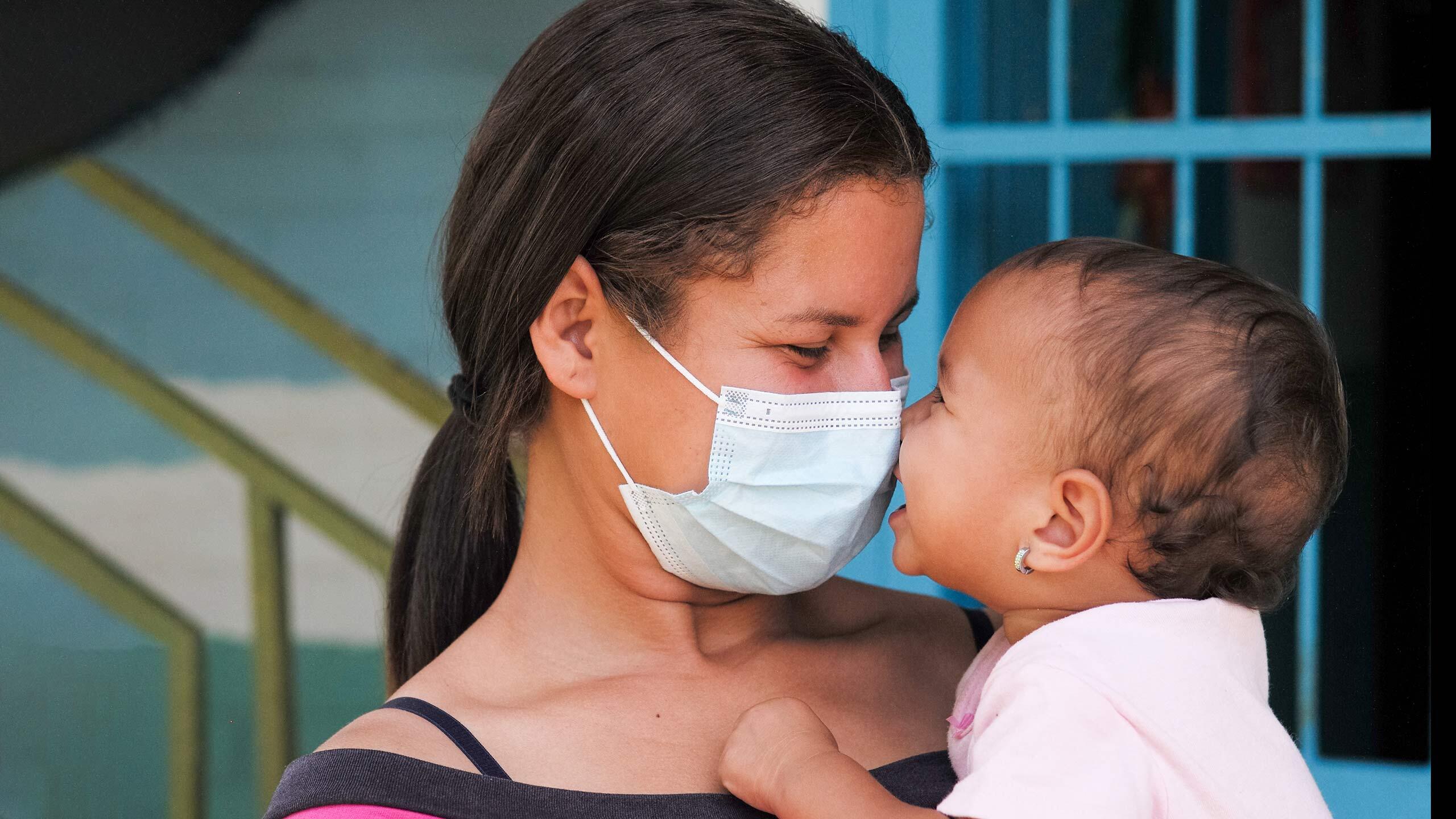2021 in pictures
21 Dec 2021
In 2021, vulnerable women and girls have continued to bear the heaviest burdens of the world's combined crises, from the COVID-19 pandemic to economic downturns, conflict, climate catastrophes and unrelenting gender-based violence. Yet in the face of these formidable odds, life-saving sexual and reproductive health programmes have continued to operate, reaching millions around the world. This is a reminder of how they prevailed, and of how UNFPA stays committed to championing rights and choices for all.
© UNFPA/Mbuto Machili

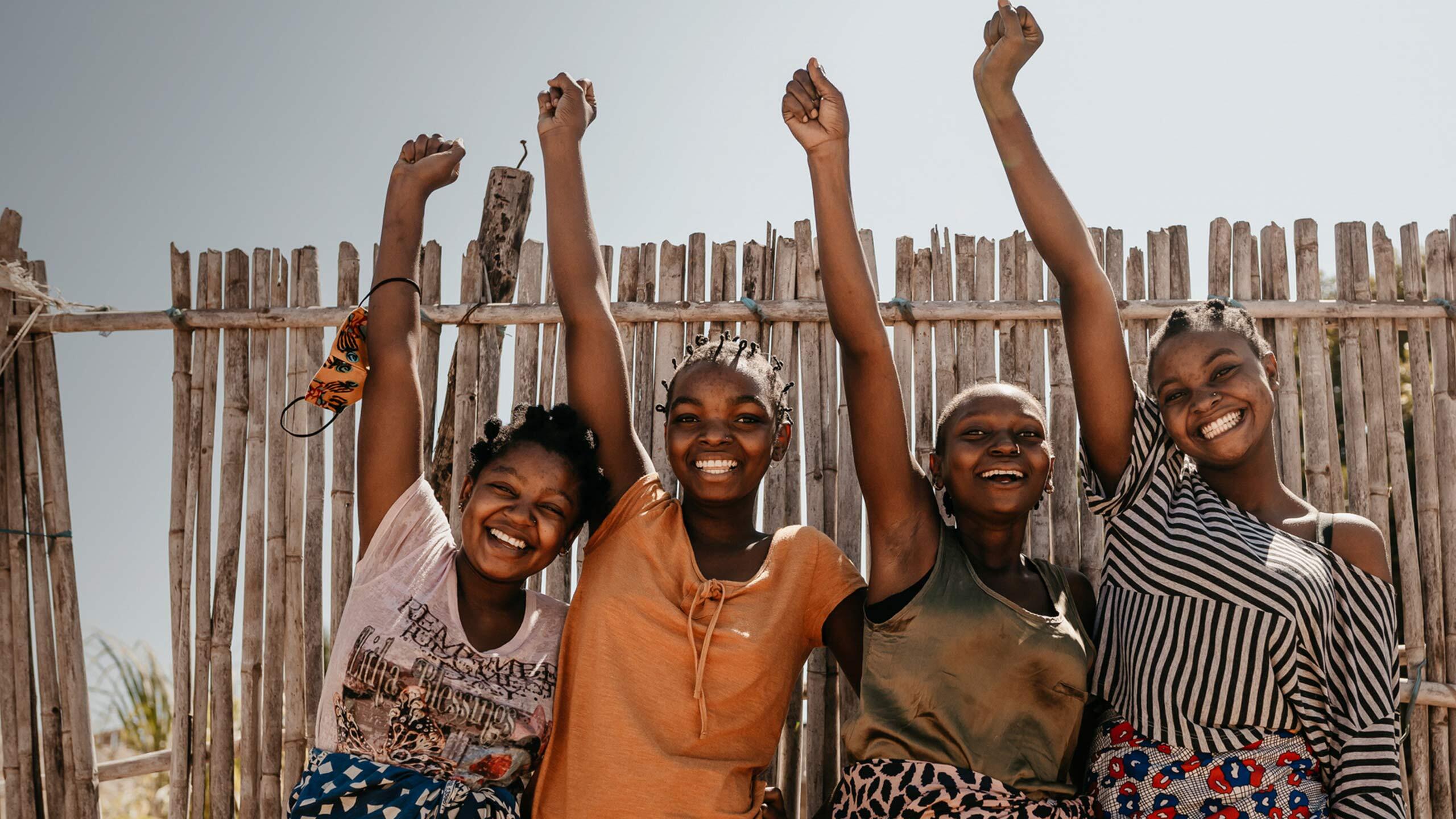
A Rohingya women’s group in the refugee camp of Cox’s Bazar, Bangladesh, came together to produce hand-made, reusable masks so they can make a living, boost their skills and help to protect their community.
© UNFPA Bangladesh/Fahima Tajrin

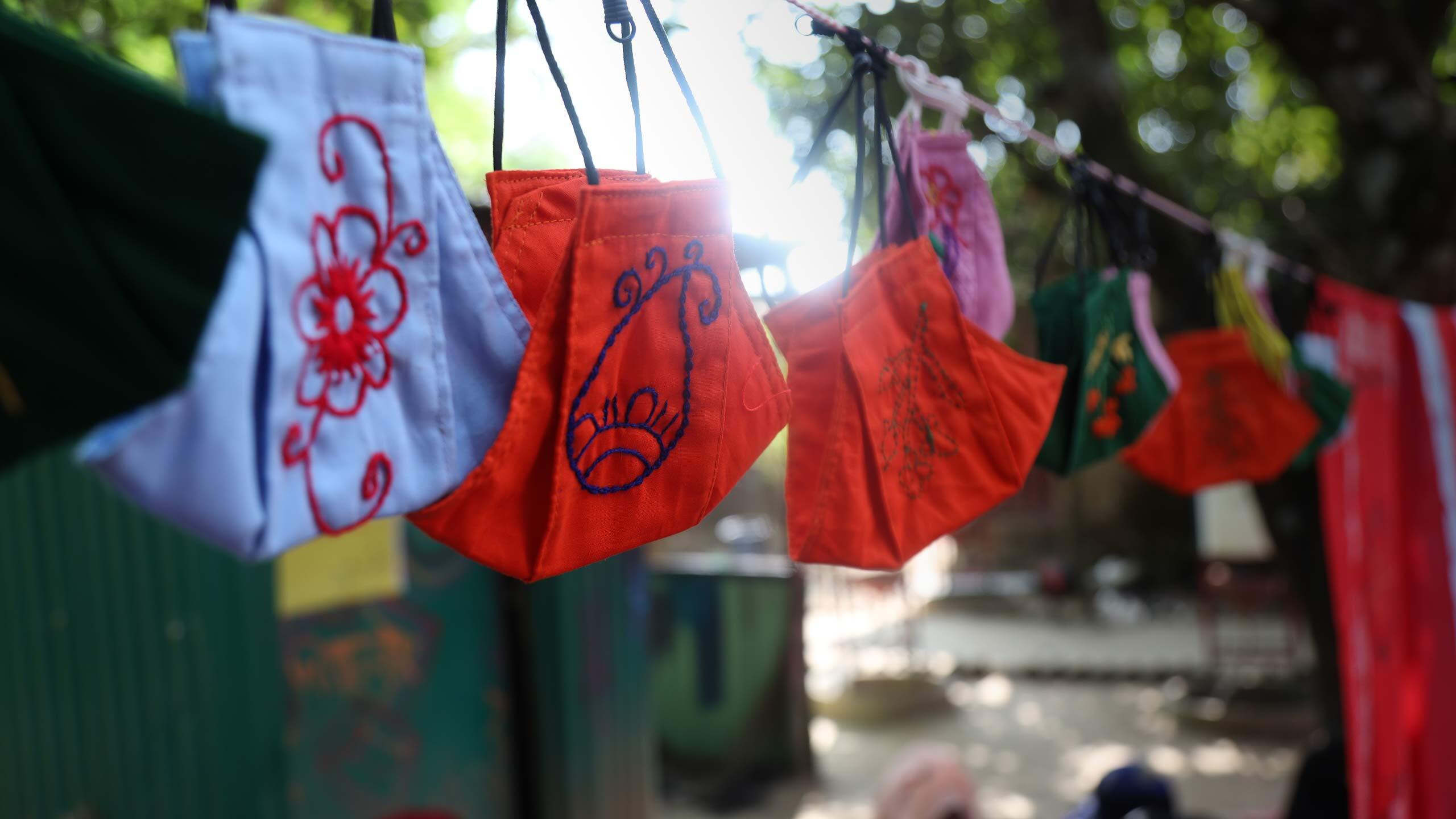
Demand for sexual and reproductive health services continued, even as supply chains were disrupted and health systems stretched. Midwives in a maternity ward in Thailand monitor a pregnant woman for potential complications.
© UNFPA Thailand/Chalit Saphaphak

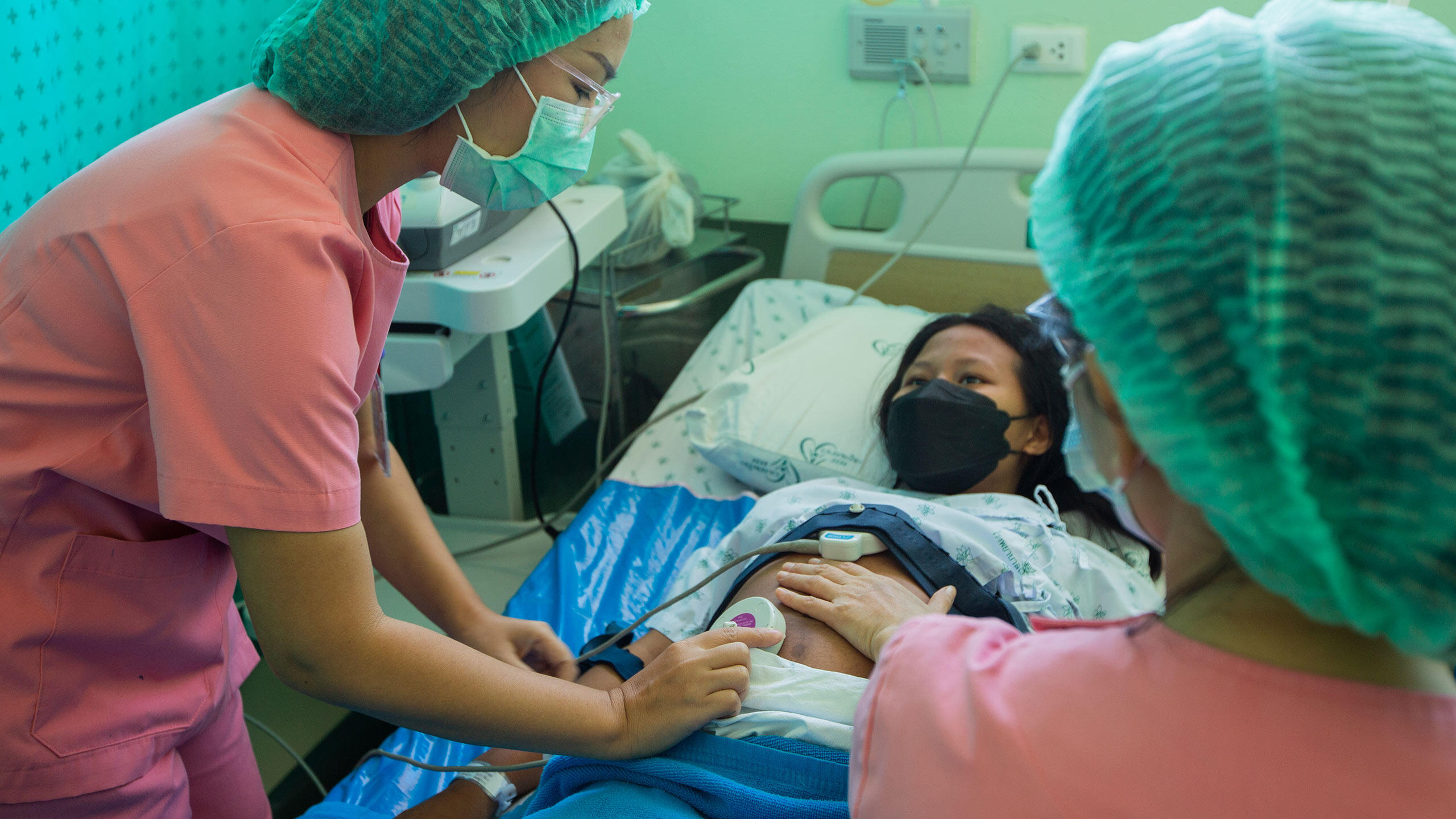
School closures and other pandemic-related hardships have undermined access to sexual and reproductive health information. To close the gap, UNFPA has ramped up online tools. A student in Malawi engages with a digital interactive comprehensive sexuality education class.
© UNFPA/Luis Tato


Natural disasters broke records throughout the year. Baby Joshua Enmanuel was born under a bridge where his family sought shelter following the deadly hurricanes that swept through the country in late 2020. The storms destroyed homes, health facilities and left millions without means to access life-saving care.
© UNFPA Honduras

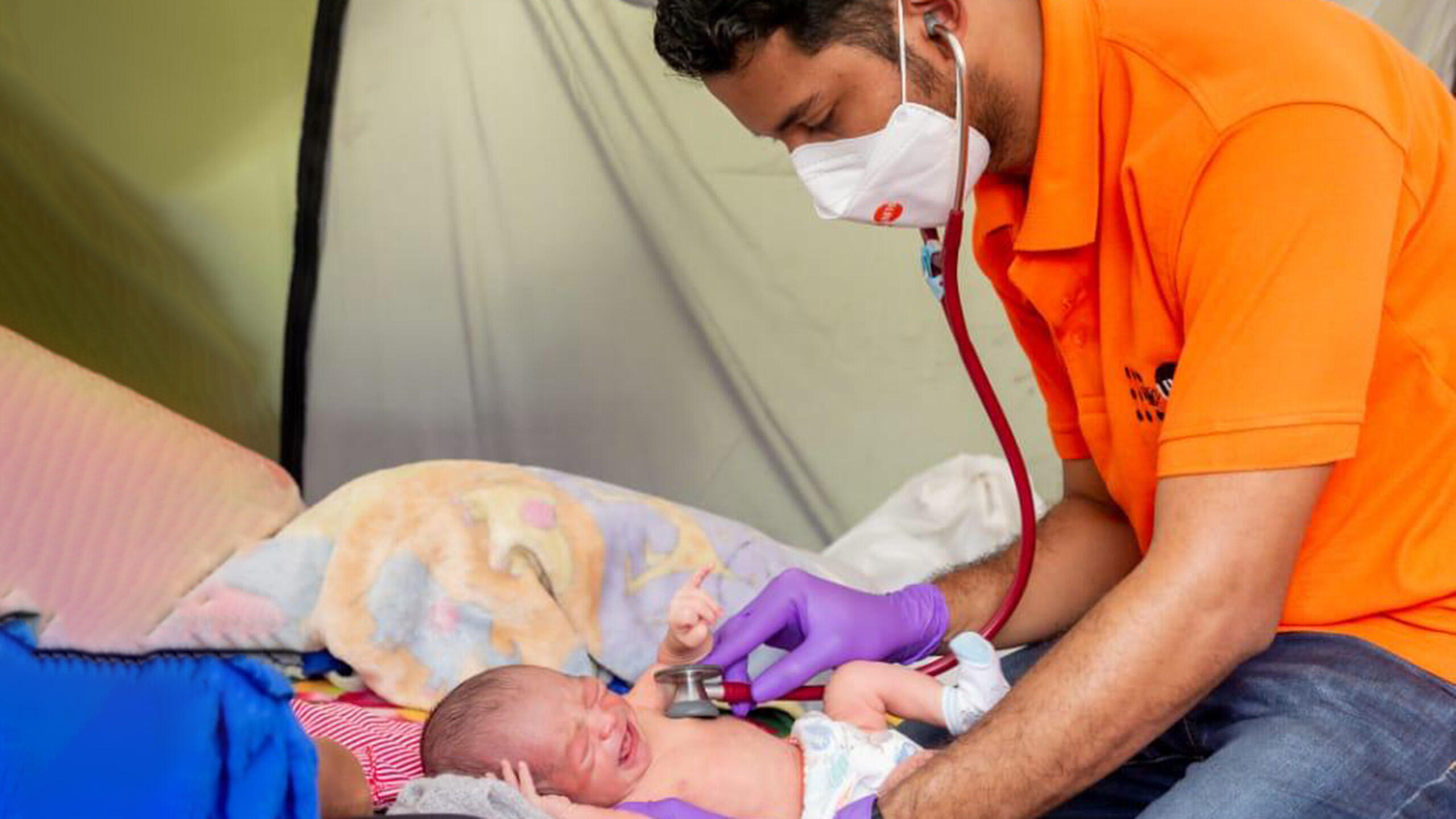
This year also saw women rising up, demanding action to end gender-based violence and inequality. At the Generation Equality Forum in Paris, UNFPA Executive Director Dr. Natalia Kanem led a delegation calling for immediate action to safeguard bodily autonomy and access to sexual and reproductive health and rights.
© Dysturb

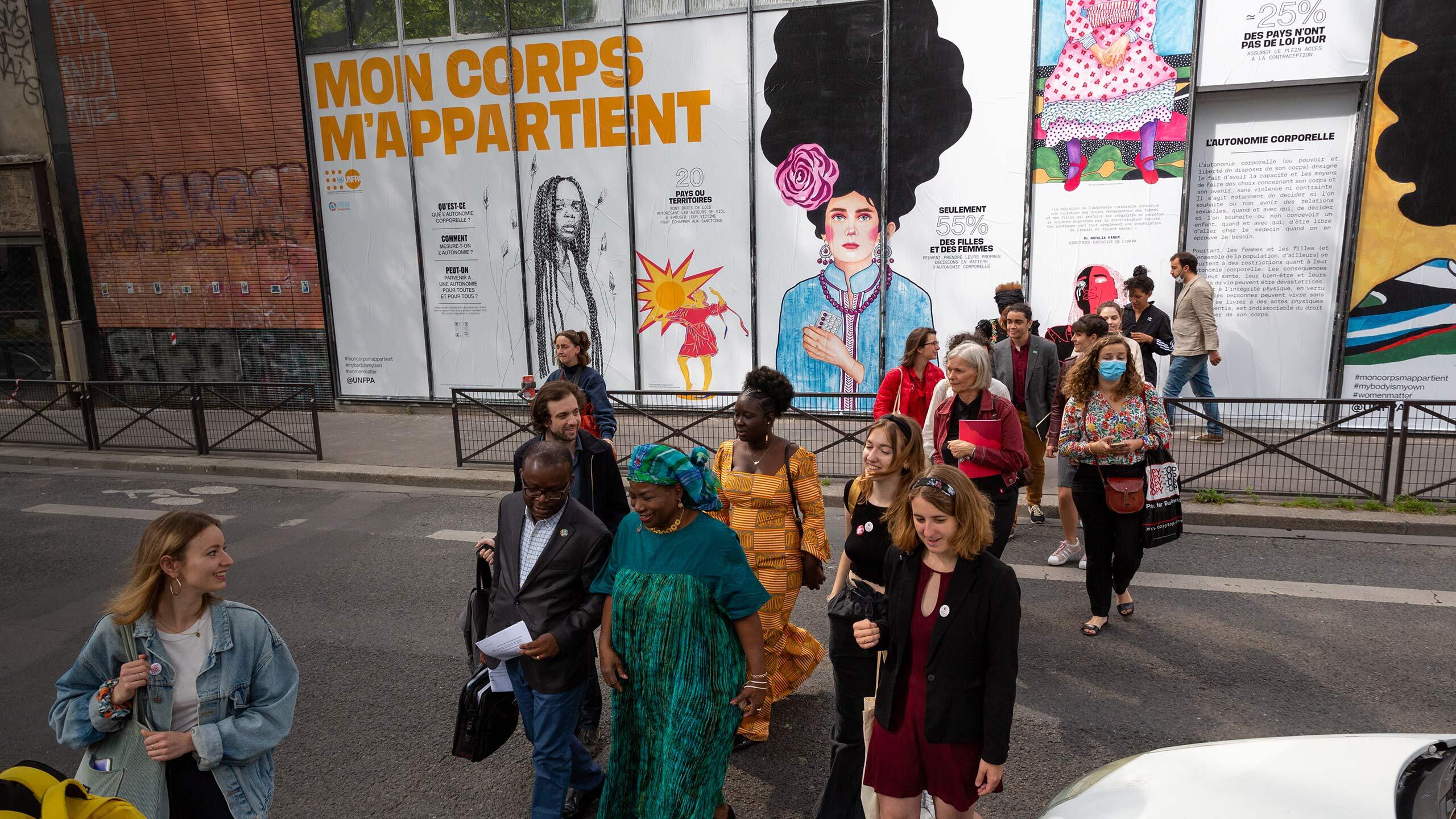
The same clarion call rang out around the world. In the Democratic Republic of the Congo, a survivor of sexual violence shared her harrowing story and her recommendations to help the international community increase the accountability of the humanitarian system.
© UNFPA DRC/Luis Tato

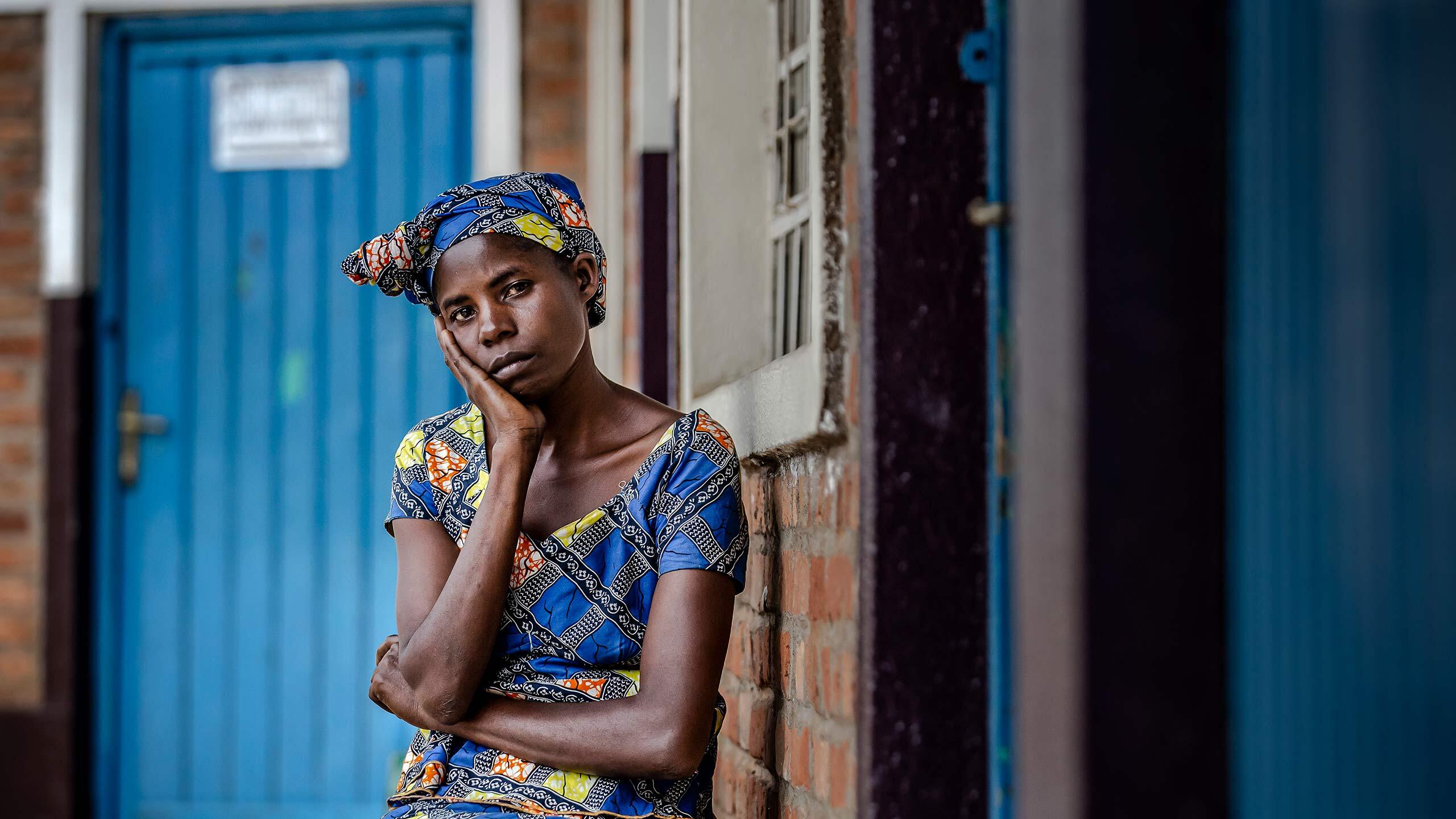
In April, the World Health Organization said family planning continued to be one of the most extensively disrupted health services in the world. The same month, UNFPA announced that nearly half of women in 57 countries are denied bodily autonomy, including decision-making power over contraception. A UNFPA health provider inserts a contraceptive implant in Cortes, Honduras.
© UNFPA Honduras

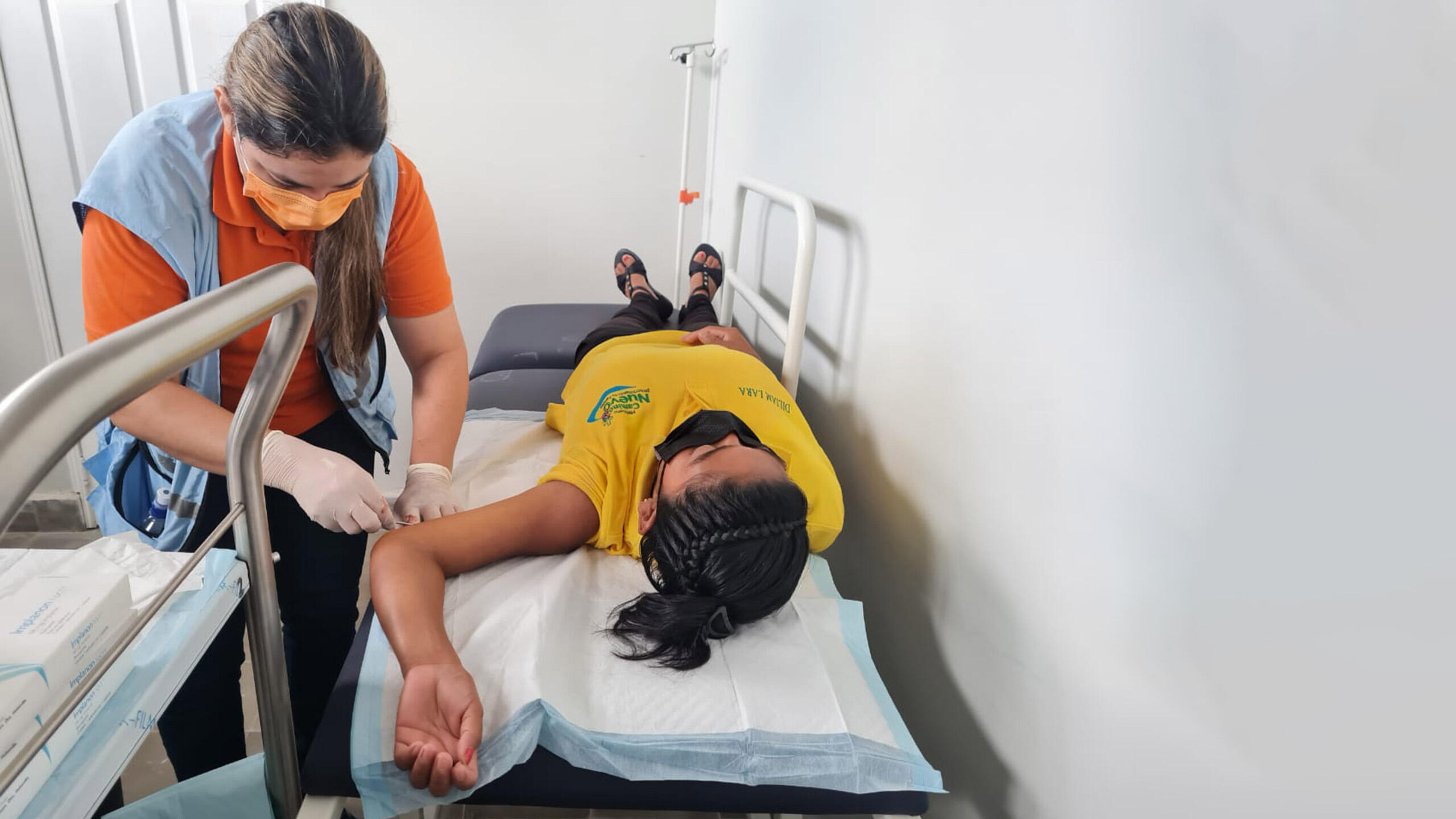
But women and girls refused to despair. In Mozambique, these girls have been emboldened to claim their rights. Theirs is a generation calling for action on climate change, unemployment, poverty, gender inequality and conflict.
© UNFPA/Mbuto Machili

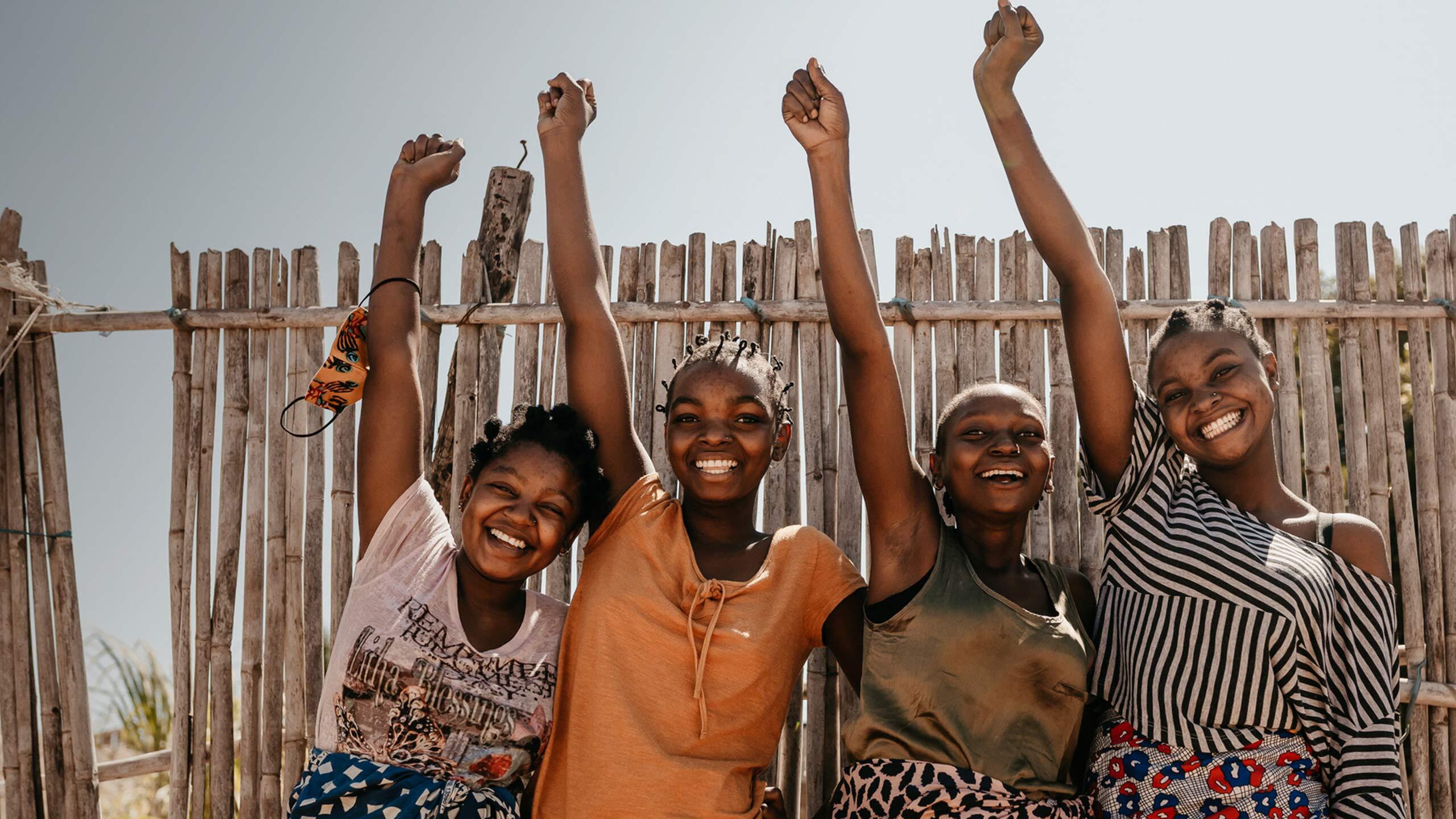
This year, the world finally began to pay attention to online gender-based violence. Digital violence is not mere “trolling”; it has vast real-world repercussions for individuals and societies. A girl in Palestine who was subjected to cyberbullying is now in a UNFPA-supported safe space, where she is receiving legal and psychosocial support to help her heal.
© Nablus Shelter

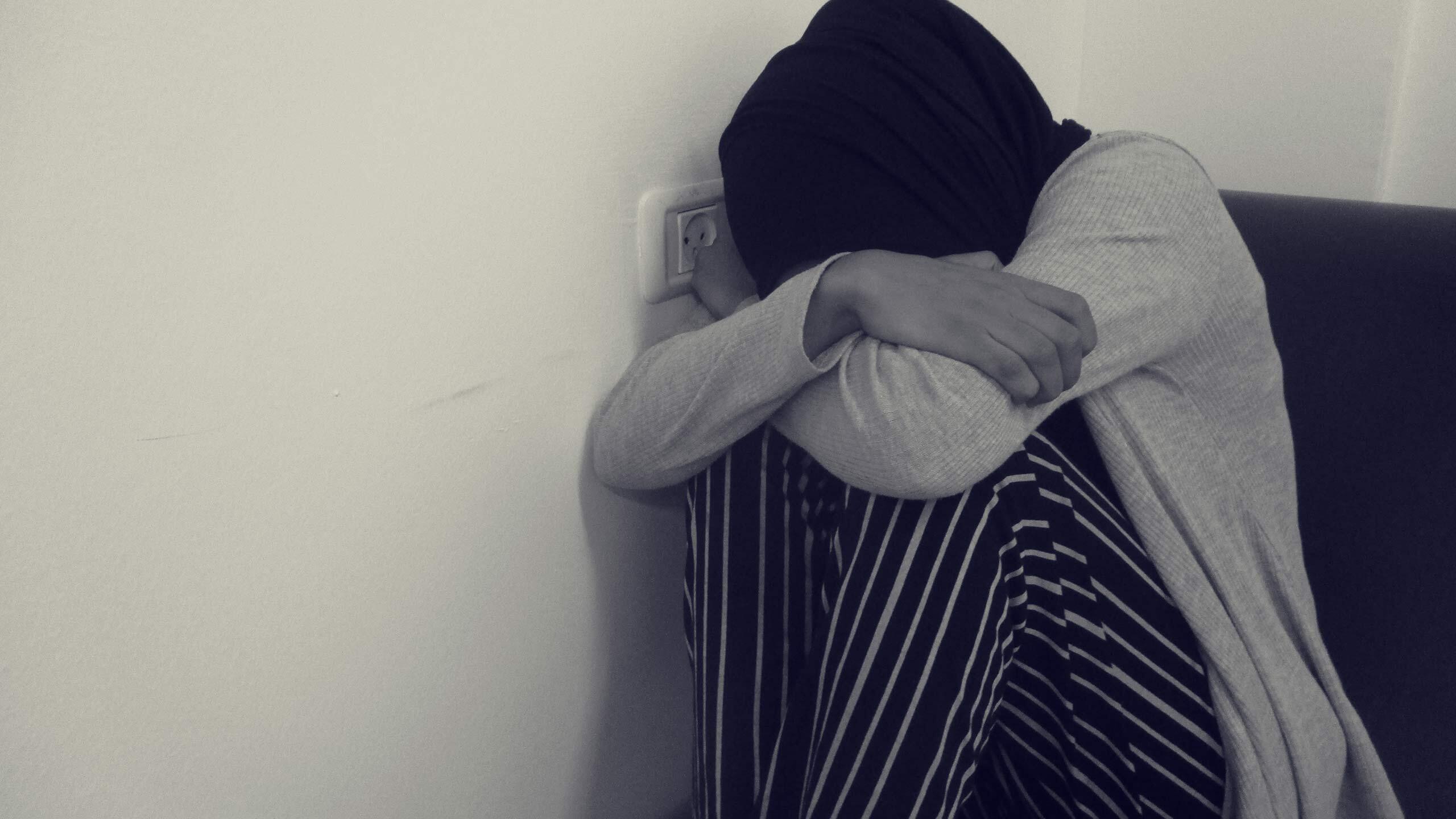
And the importance of inclusivity took centre stage as advocates highlighted how marginalized communities have affected and accessible services have been curbed by the COVID-19 pandemic. In Ukraine, an initiative aims to help girls with disabilities to play, interact and communicate in situations with interpersonal conflict.
© UNFPA Ukraine/Adrii Krepkikh

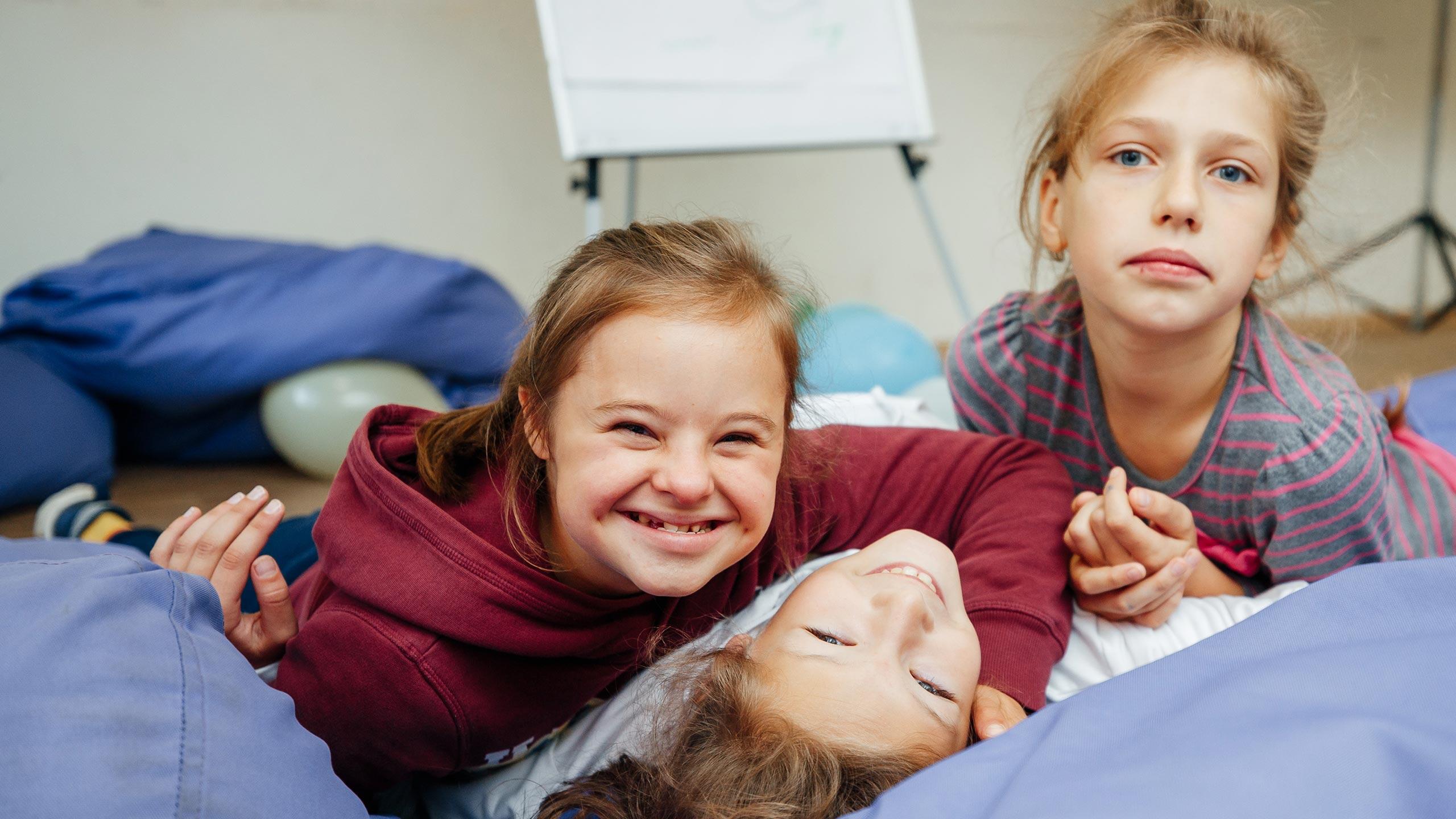
This year also saw humanitarian crises escalate. This family lost their shelter to a fire in a camp for people displaced by the gruelling conflict in Yemen. UNFPA continues to provide life-saving emergency sexual and reproductive health and protection services to thousands of women and girls displaced by the ongoing crisis in the country.
© UNFPA Yemen

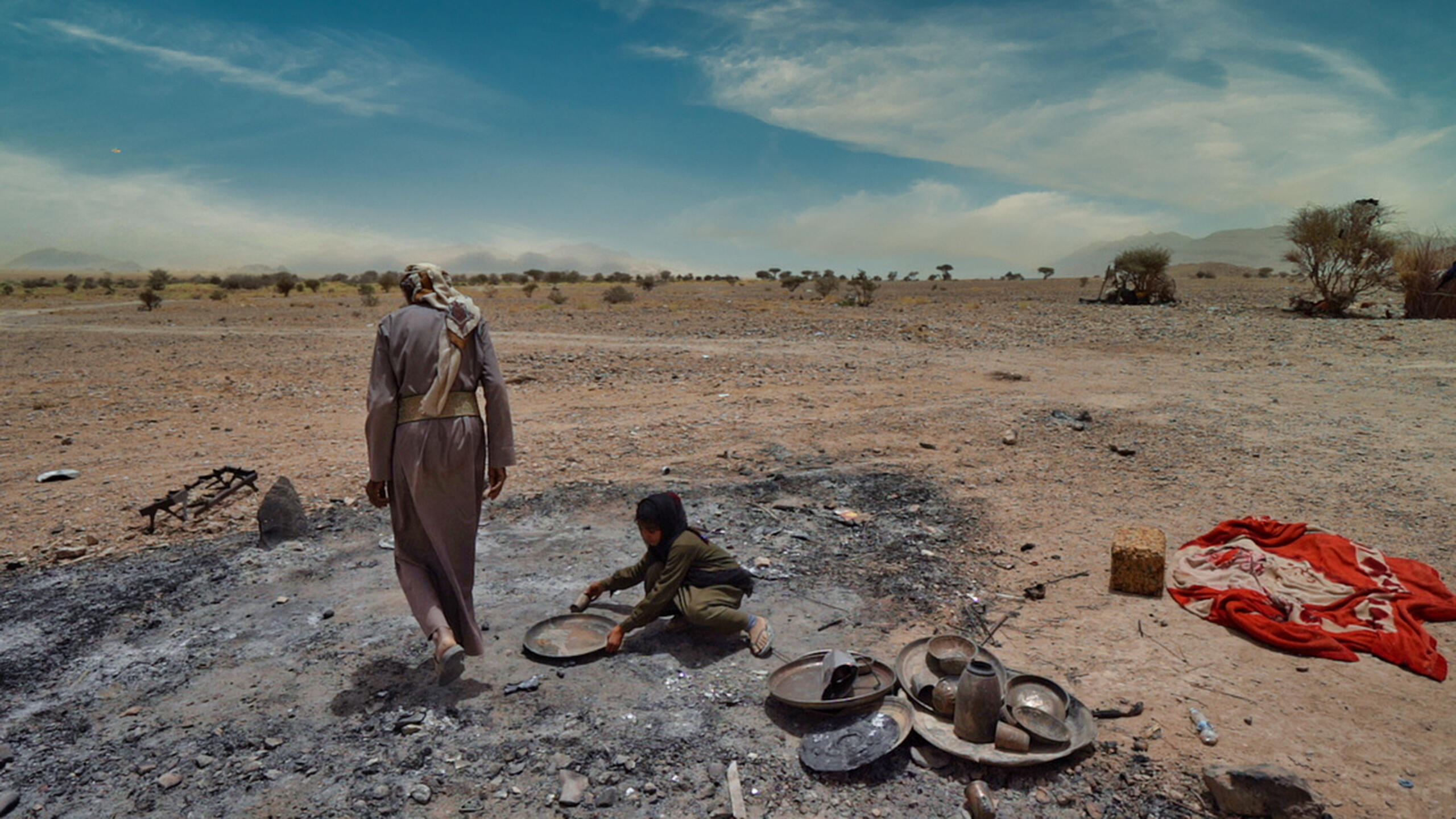
A young girl in a displacement camp in Marib Governorate, Yemen, enjoys a moment of self-care with a dignity kit provided as part of an emergency relief package by UNFPA. The kits include a flashlight, soap, a toothbrush and other personal and menstrual hygiene products to help women and girls maintain their well-being while displaced.
© UNFPA yemen

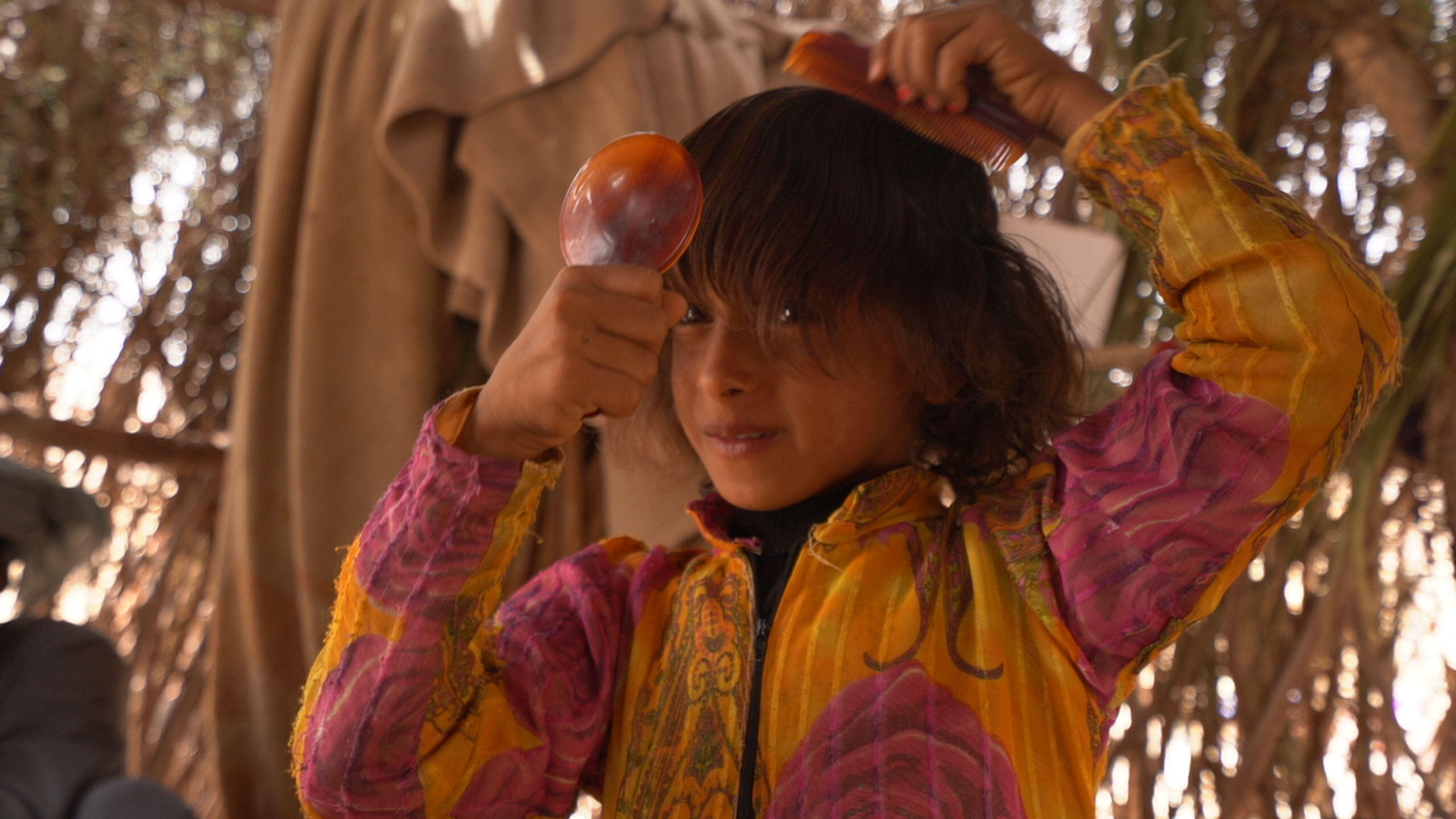
Health innovations, like the rapid development of COVID-19 vaccines, also proved essential in 2021. Here, in Benin, midwives offload medical supplies from a drone in the Firou maternity health centre, part of a pilot programme to deliver vital medicines and blood to isolated areas.
© UNFPA/Olympia de Maismont

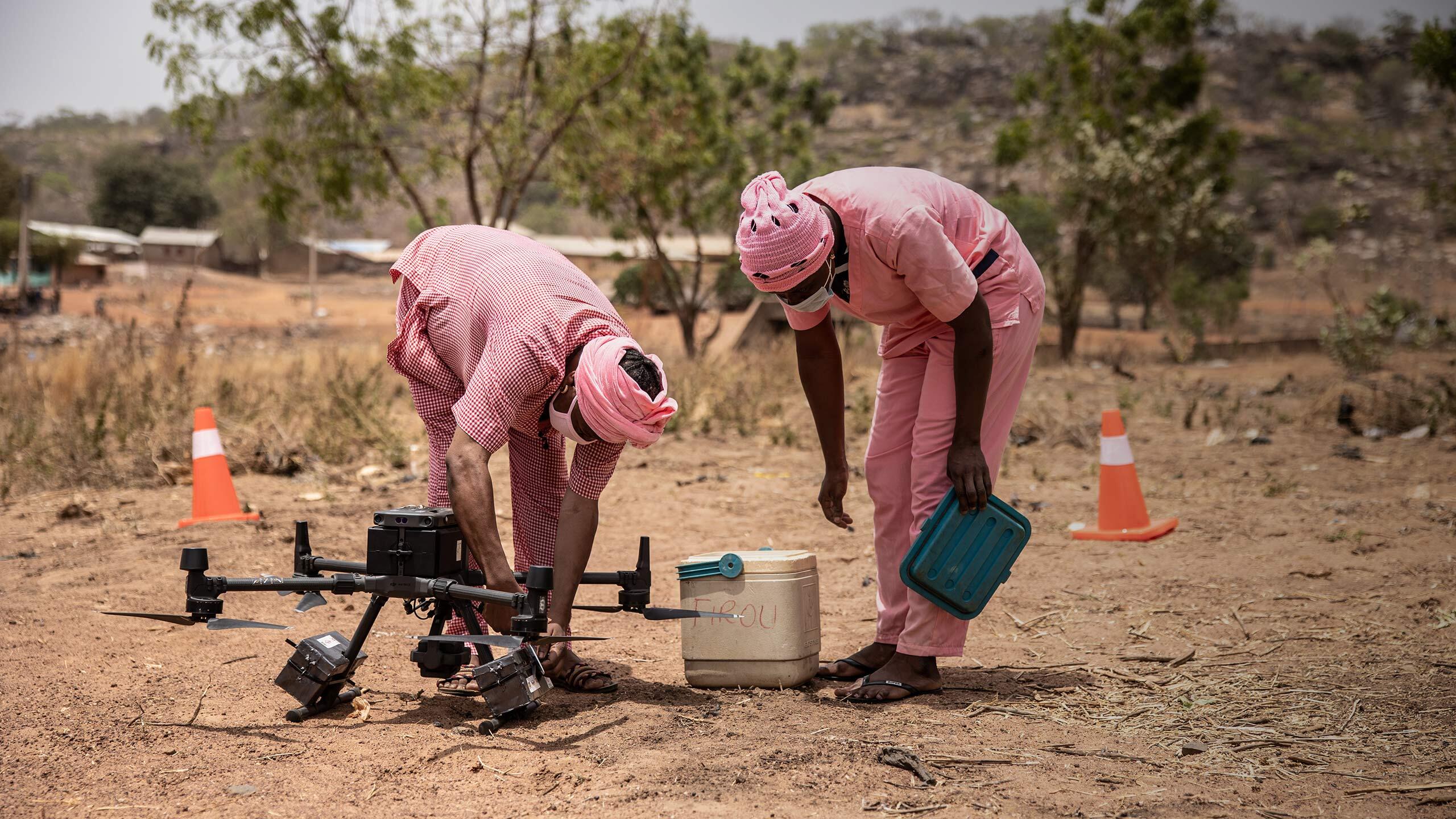
But one thing did not change this year: the tireless dedication of health workers, humanitarian workers, community leaders, grassroots advocates, educators and parents. Despite 12 months of turmoil, their ingenuity, spirit and hope continue to light the way to a brighter future. A young mother and child at a UNFPA-supported health centre in Turmero, Venezuela.
© UNFPA Venezuela

